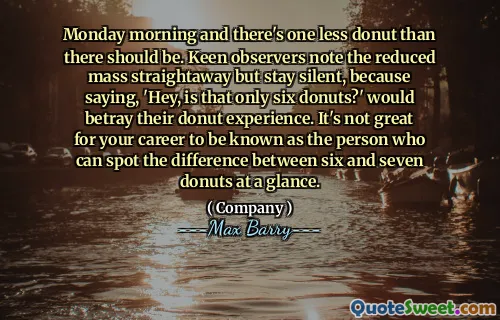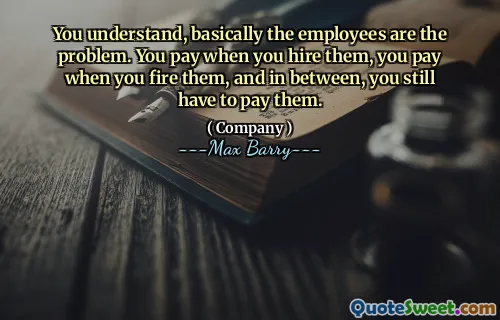Though now even less than ever given to wonder he cannot but sometimes wonder if it is indeed to and of him the voice is speaking. May not there be another with him in the dark to and of whom the voice is speaking? Is he not perhaps overhearing a communication not intended for him? If he is alone on his back in the dark why does the voice not say so? Why does it never say for example, you saw the light on such and such a day and now you are alone on your back in the dark? Why? Perhaps for no other reason than to kindle in his mind this faint uncertainty and embarrassment.
The character reflects on his solitude and the voice he hears, questioning whether it truly speaks to him or if he is merely an unintentional listener. He ponders the possibility of another presence in the darkness, provoking doubts about the nature of his experience. This introspection leads him to wonder about the intended audience of the voice and its purpose in creating confusion within him.
His thoughts reveal a sense of alienation and discomfort, as he notes the absence of specific communication that would affirm his loneliness. He feels an unsettling ambiguity, wondering why the voice does not acknowledge his situation more directly. This hesitation appears to serve a purpose, perhaps meant to evoke a deeper reflection on his state of being.







